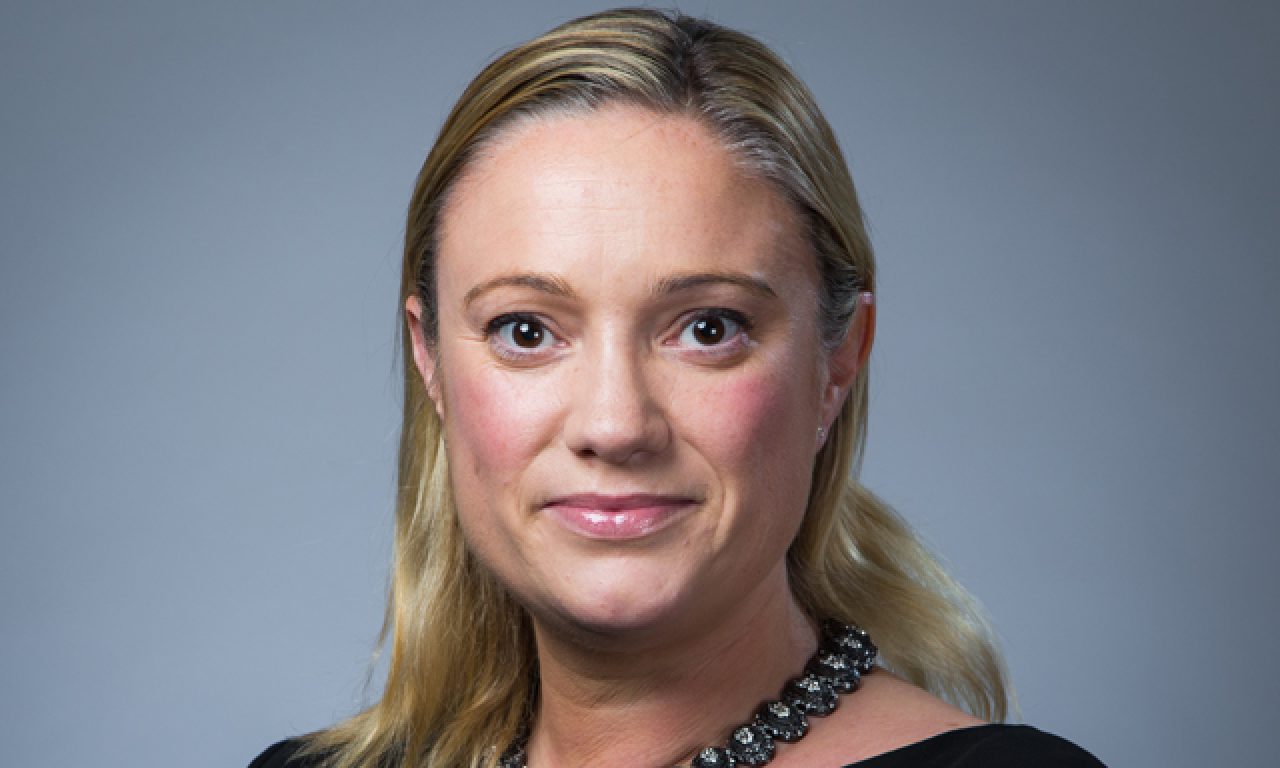Rick Otton launched We Buy Houses in Australia in 2009, promoting the idea that investors could buy a house for $1, without needing a deposit or a bank loan.
We Buy Houses also claimed the income streams its clients could create would allow them to quit their jobs, they could build a portfolio without borrowing or investing any funds, and its strategies would generate profits immediately.
The company promoted its strategies through publications, seminars, boot camps and mentoring programs. Otton is the author of a book entitled ‘How to Buy a House for $1’.
Investors paid around $3000 to attend boot camps and as much as $26,000 for the mentoring programs.
But when Otton’s strategies were put under the microscope in the Federal Court this year, in a case brought by the Australian Competition and Consumer Commission, the court found that We Buy Houses Pty Ltd and its sole director Rick Otton made false or misleading representations in promoting a number of wealth creation strategies involving real estate.
Among representations that the court ruled were baseless, the company claimed investors could buy a house for $1, without needing a deposit or bank loan, and using little or none of their own money.
The court found that the strategy could only be implemented if the investor already owned real estate, which was not properly explained by the company.
Otton’s claims that he had implemented these strategies successfully were found to be false. Twenty-two testimonials on the company website were also false or misleading.
The court found that the boot camps and seminars were “an expensive waste of time”.
In its defence, the company said its material “invited the consumer to speculate on what might be possible, rather than promising a guaranteed income” and that it had not received any complaints.
The ACCC relied on the evidence of nine consumers who had attended the company’s free seminars and boot camps, and who gave evidence of their unsuccessful attempts to use the strategies taught by the respondents.
Cross-examination of Otton demonstrated what the court called “the paucity of the bases upon which he was prepared to make extravagant claims. His evidence suggested that he did not verify the claims made by others before relying on them to promote his interests.”
As for Otton’s own experience as a property investor, one affidavit gave an explanation of why he appeared to incur capital losses on two property transactions.
“Despite claiming in their defence that Otton had been successful financially in following the ideas and using the strategies there was almost no evidence that the respondents had used the strategies, let alone used them to make money,” the court said.
When asked to identify a single property that he had purchased in Australia without a deposit or a bank loan, Otton named a property at Quaker’s Rd, Marayong. It was later revealed that the property was purchased with $50,000 of vendor finance and a $200,000 loan from National Australia Bank.
Otton said the point he had been trying to make was that “you don’t need a lot of cash to get into property.”
The court said Otton seemed “impervious” to the fact that he made monthly payments on the property for almost five years, for which he needed cash. It said evidence was insufficient to demonstrate that WBH made any profit from the transactions involving the Marayong property.
“Otton was a very unreliable witness who was prepared to maintain or defend statements that were obviously untrue or misleading and who is habitually careless with the truth in making statements and claims designed to promote [his] business interests,” the court said.
We Buy Houses strategies came under various heading, including, “rent to buy”, “sandwich lease option”, “deposit builder”, “handyman special”, “sweat equity”.
In cross-examination Otton accepted that some of these strategies, which were presented with what were claimed to to be detailed working examples, did not work. They included assumptions that sellers are “financially distressed”, purchase prices are discounted, that the property acquired can be sold immediately for a profit and that alternative sources of finance are used in transactions.
The court found that with some of these techniques, there was no evidence that they had ever been successfully implemented.
The court said: “Arrangements applying [WBH’s] techniques may give rise to a plethora of substantial financial risks.”
On the inside front cover of Otton’s book it says: “Discover how Rick bought a property for $1 in 3.5 minutes, turning it into $801 monthly positive cashflow.”
In cross-examination Otton said he did not know what the statement referred to. When asked to acknowledge that the statement was false, he said: “One of the forms that people sign is a power of attorney or a transfer deed. Once the person signs the transfer deed, although that transfer deed is not registered, the fact that they sign it and I sign it means I have actually bought the property.”
The court described his answer as “frankly nonsense” and concluded that the statement was false.

